Great article on Energy Descent by David Holgren
seraphima
19 years ago
Related Stories
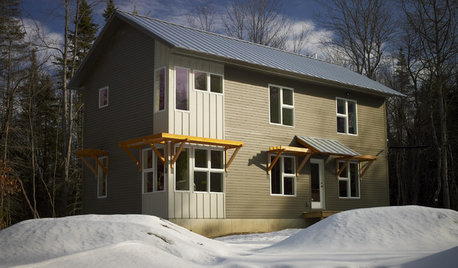
HOUZZ TOURSHouzz Tour: Energy-Efficient, 'Lean' House in Maine
Sustainable architecture and amazing light draw an environmentally conscious family to a new home
Full Story
DECORATING GUIDESInteriors Need Energy? Look to Mondrian’s Paintings for Inspiration
The Dutch master of abstraction can help you return to basic colors, create zones, highlight function and more
Full Story
SMALL HOMES28 Great Homes Smaller Than 1,000 Square Feet
See how the right layout, furniture and mind-set can lead to comfortable living in any size of home
Full Story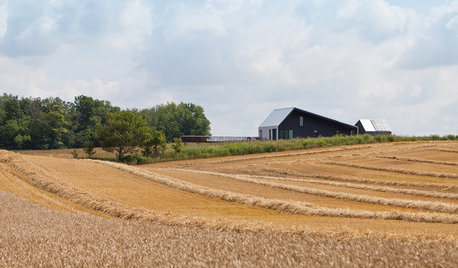
GREEN BUILDINGOff the Grid: Ready to Pull the Plug on City Power?
What to consider if you want to stop relying on public utilities — or just have a more energy-efficient home
Full Story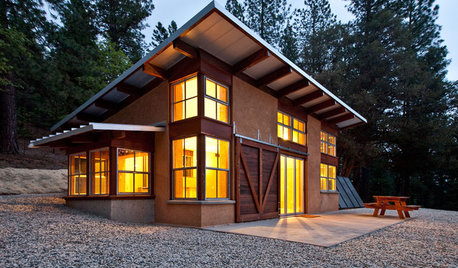
HOUZZ TOURSHouzz Tour: California Cabin Ditches the Power Grid
Solar energy powers a modern, expandable vacation house among the trees for a family with two children
Full Story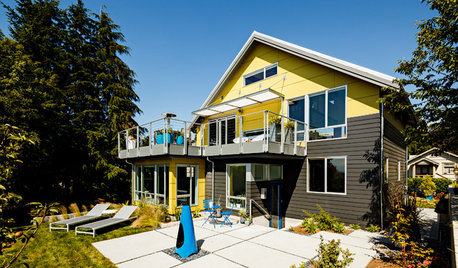
GREEN BUILDING5 Common-Sense Ways to Get a Greener Home Design
You don't need fancy systems or elaborate schemes to make your home energy efficient and sustainable. You just need to choose wisely
Full Story
COLOR9 Fun Ceiling Colors to Try Right Now
Go bold overhead for a touch of intimacy or a punch of energy
Full Story
LIGHTING8 Ways to Get Ambient Lighting Just Right
See clearly, boost energy and create the mood you want with these tips for harnessing natural and artificial light
Full Story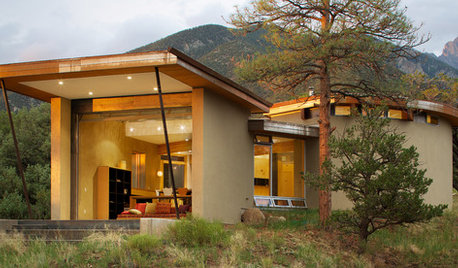
HOUZZ TOURSHouzz Tour: A Straw-Bale Getaway With Sweeping Views
Using passive solar and other green building methods, this Colorado home creates an energy-conscious vacation spot for a family of 5
Full Story






Eric_Burke
ladykemma
Related Professionals
Pottstown Landscape Contractors · East Patchogue Landscape Contractors · Fort Hunt Landscape Contractors · Fort Wayne Landscape Contractors · Garland Landscape Contractors · Mission Bend Landscape Contractors · North Haven Landscape Contractors · Wallingford Landscape Contractors · Delaware County Siding & Exteriors · Bozeman Siding & Exteriors · Wilmington Siding & Exteriors · Woodbridge Siding & Exteriors · Norton Solar Energy Systems · Quincy Solar Energy Systems · Melville Solar Energy SystemsEric_in_Japan
seraphimaOriginal Author
Pookiesmom
seraphimaOriginal Author
swanz
seraphimaOriginal Author
BelgianPupWA
krukowsl
EdenWest
seraphimaOriginal Author
adunate
stoneunhenged